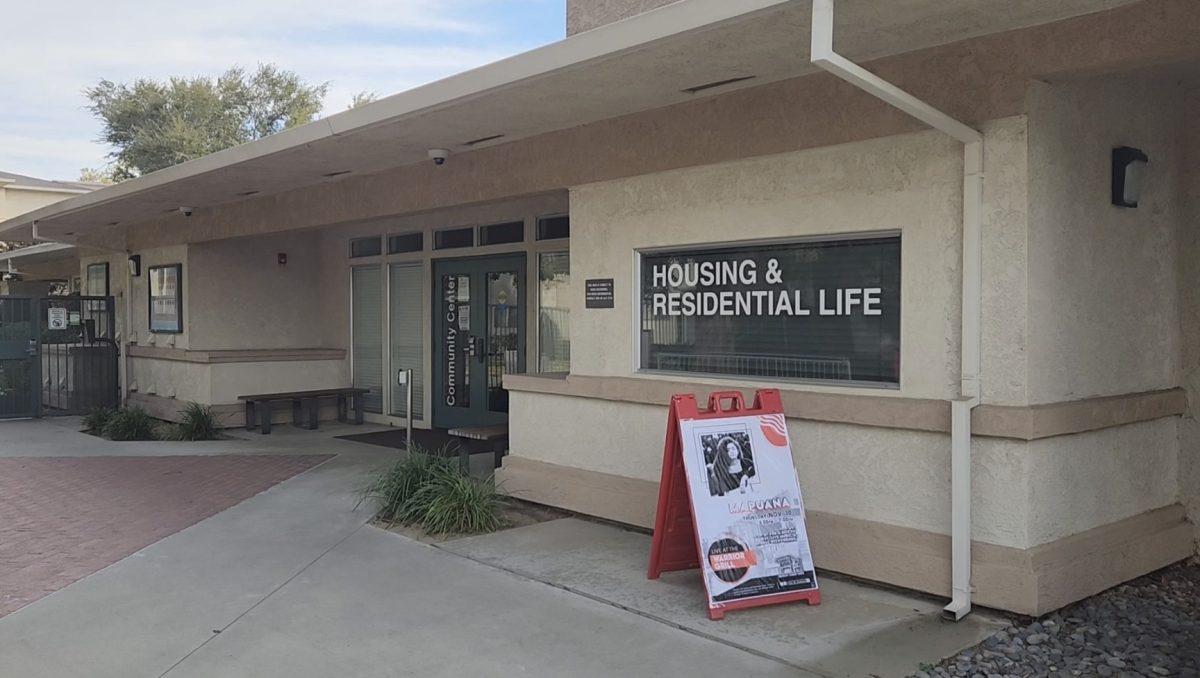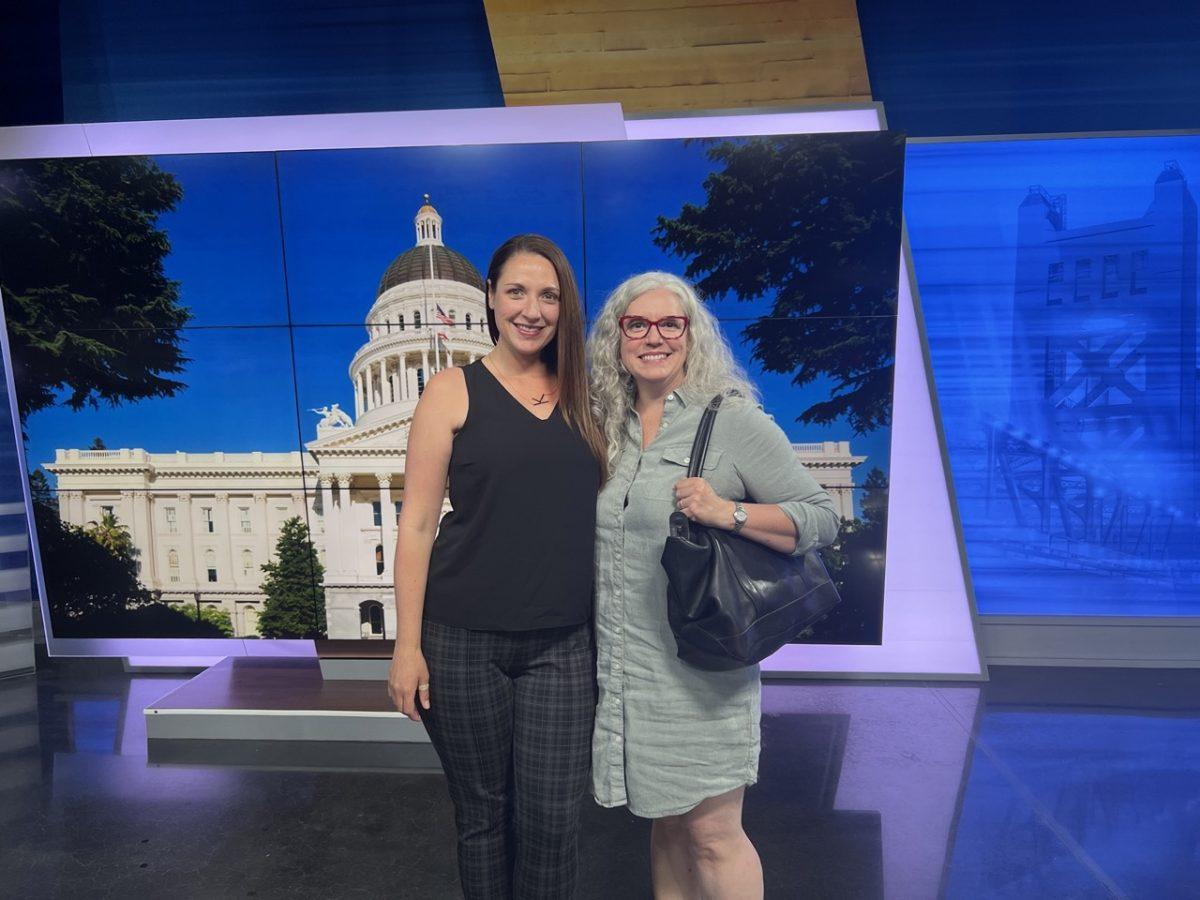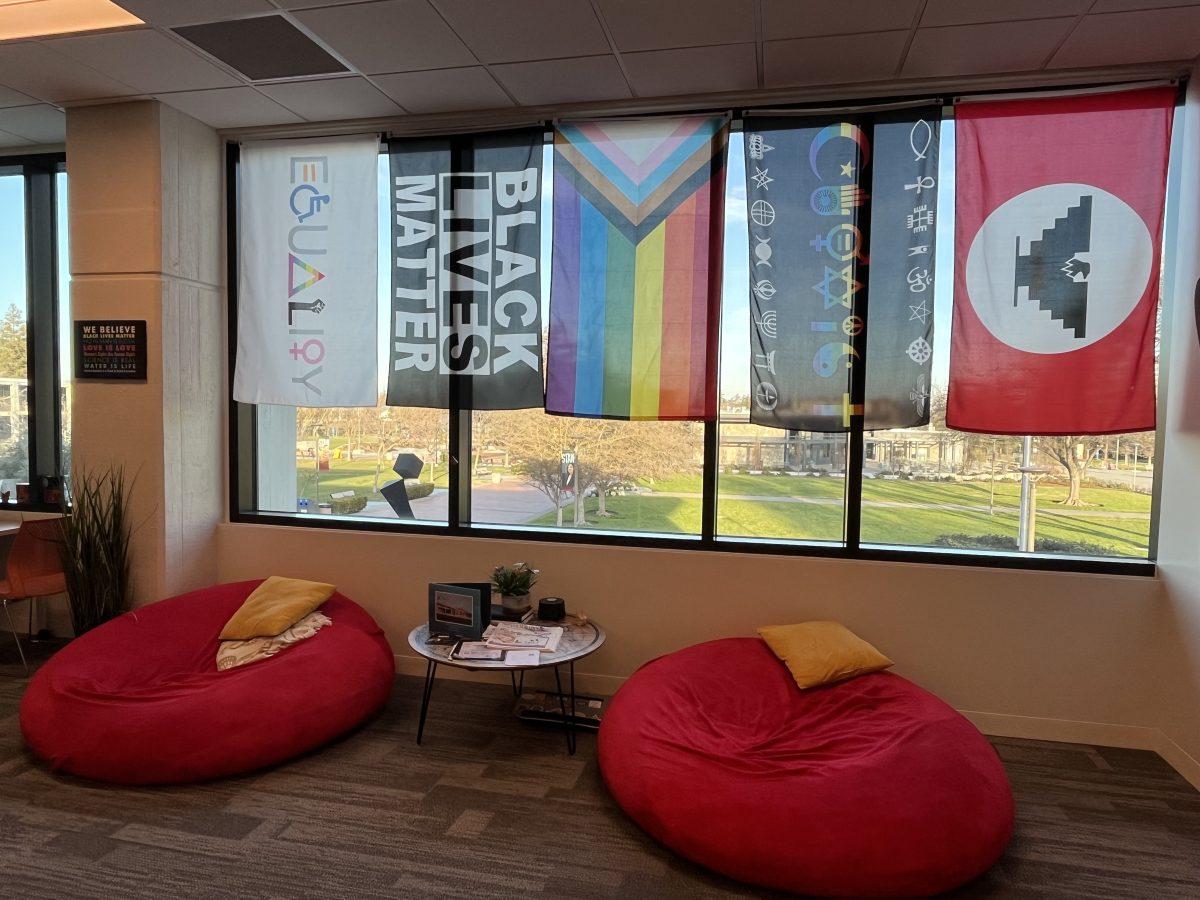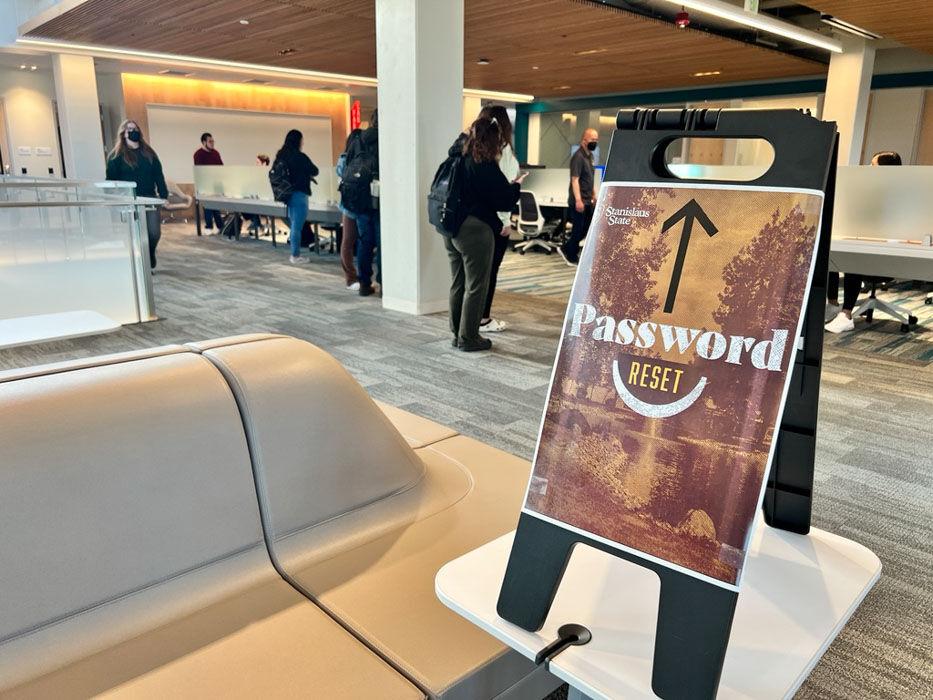College students, faculty and staff should be provided freedom of choice.
Faculty, staff and students, especially those who are residents, should feel comfortable on their own campus. College students, faculty and staff should be able to perform legal activities on campus. College students, faculty and staff should not be barred from smoking cigarettes on campus.
California state law prohibits “smoking inside a public building, or in an outdoor area within 20 feet of a main exit, entrance or window of a public building, or in a state-owned passenger vehicle” (leginfo.ca.gov).
As a non-smoker myself, I do not feel annoyed by others smoking on campus.
As of now, Californians are authorized to smoke in any outdoor area of a public building unless otherwise prohibited by specific state law or local ordinance pertaining to the area.
A sign declaring this prohibition must be posted. California state law already holds smokers accountable for keeping a safe distance from buildings and the people in them. The law already protects the rights of non-smokers over those of smokers; it should not be extended.
The proposed ban on smoking would allow the governing bodies of the California Community Colleges (CCC), the California State University (CSU) and the University of California (UC) to “set enforcement standards for their local campuses [and] impose a fine for a first, second, and third offense and for each subsequent offence.”
As aforementioned, smoking is already limited in order to protect the health of nonsmokers. Smokers who do learn, work and teach on the campus should not have to leave campus on short breaks in order to have a cigarette. They cannot be expected to quit cold turkey at the onset of this law.
For many people, smoking cigarettes is not a choice adoption. Often times, people smoke cigarettes as a transition out of “harder” drugs or other disorders, such as eating disorders. In this case, smoking is considered the lesser of two evils. In a chapter on exposure to secondhand smoke in a report on “The Health Consequences of Involuntary Exposure to Tobacco Smoke,” the surgeon general states, “There is a need to refine the methodology used to measure biomarkers to increase their sensitivity and for research into their validity as predictors of population risk.”
As Mark Twain said, “Giving up smoking is the easiest thing in the world. I know because I’ve done it thousands of times.”
Yet, these same biomarkers are still used to reach conclusions on population risk for secondhand smokers in which trace amounts of thiocyanate, nicotine and cotinine are used to determine harmful effects.
As a non-smoker myself, I do not feel annoyed by others smoking on campus. Smokers and non-smokers, in my experience, hold a mutual respect for each others’ choices.
With the health effects of smokers now clearly known, smokers are aware that their choice is an individual one, and should not be cast on others. Likewise non-smokers, along with CCC, UC and CSU campuses, cannot ensue such adamant invasions of personal choice on a public campus. Private college campuses should be reserved this right, but surely, public college campuses serving adults as students should not have their rights so infringed.
In an argument made by the Americans for Nonsmokers’ Rights, under “Why are campuses going smoke-free and/or tobacco-free?” the association states as its first point, “the majority of Americans do not smoke” (no-smoke.org). The United States should not accustom laws only to accommodate majorities.
Smoking bans do not belong on public college campuses in California. It is not fair to smokers to press them away from their campuses, and it is certainly not easy for them to quit smoking as soon as the law is passed. As Mark Twain said, “Giving up smoking is the easiest thing in the world. I know because I’ve done it thousands of times.”






